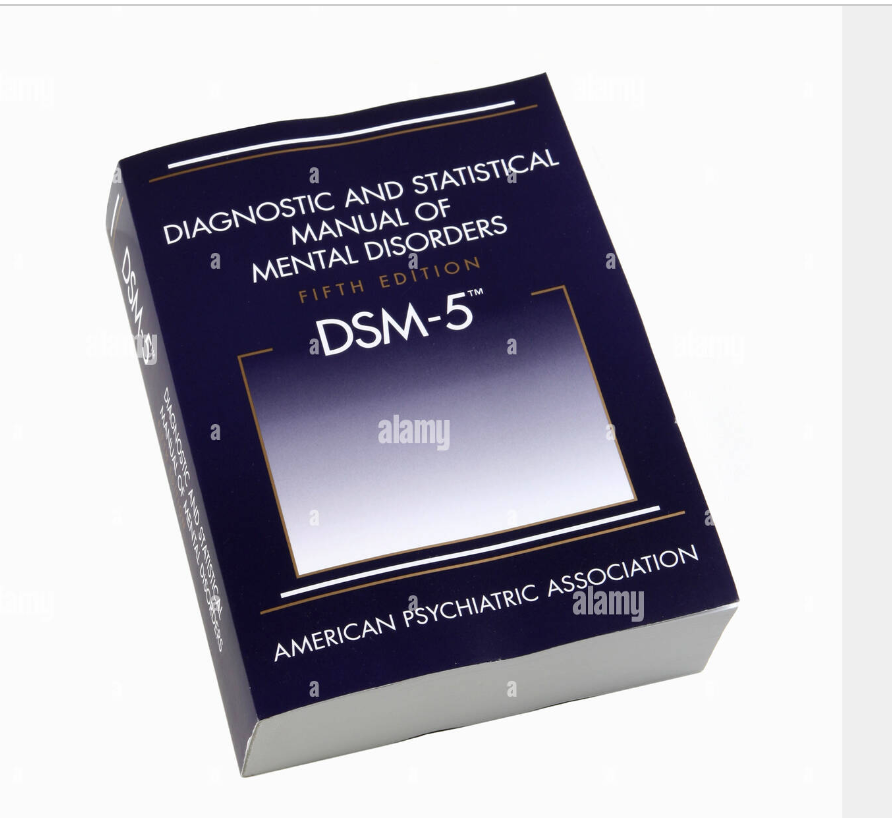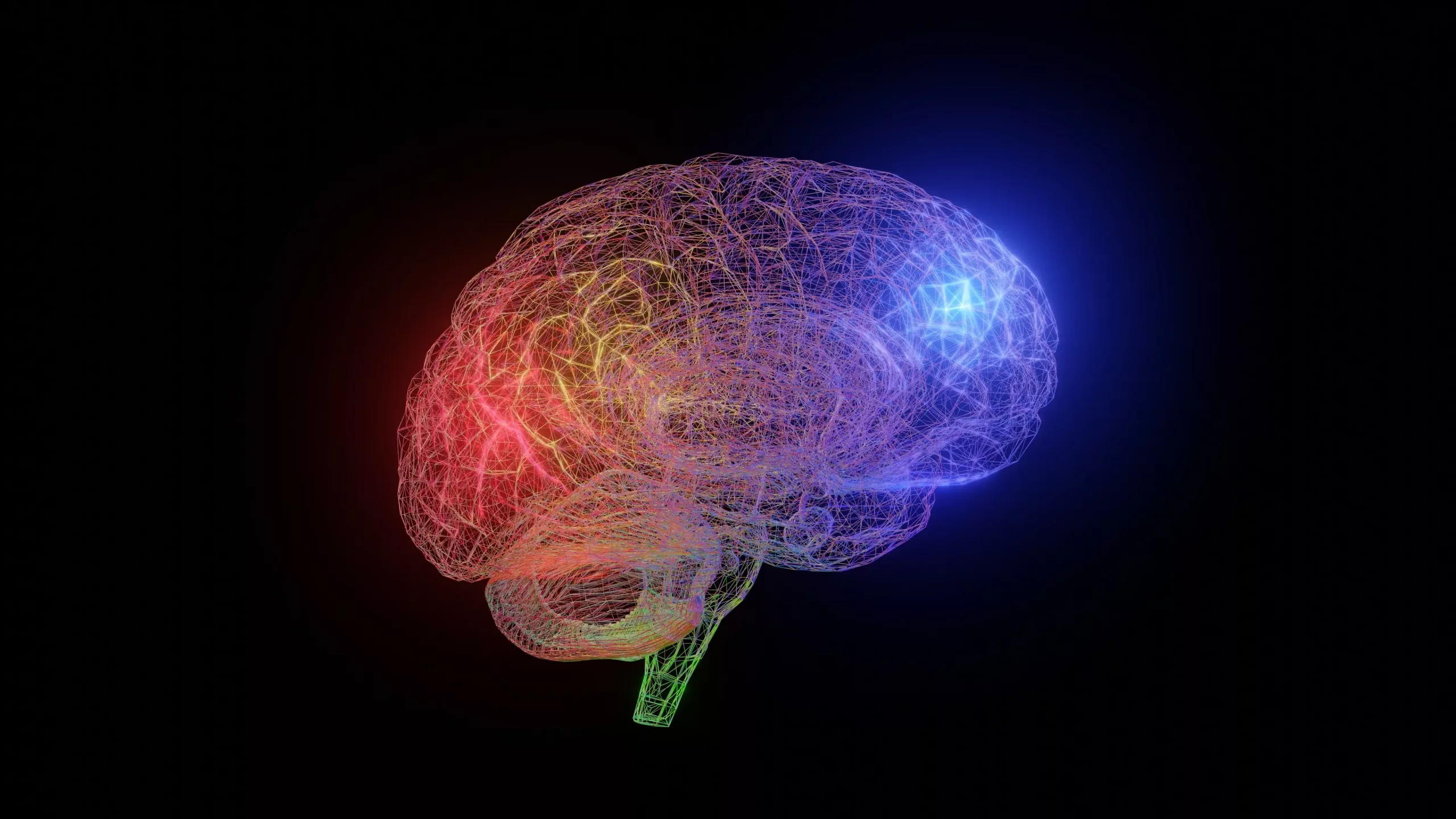The Achilles Heel of psychiatry has always been the public’s distrust of what defines a mental disorder and whether it can be treated effectively. Oftentimes, not until a trusted public person speaks up about his or her battle with a mental disorder does the public, in turn, accept the disease as ‘real.’ Mike Wallace, the rough and tumble 60 Minutes journalist, helped many men recognize that they, too, were suffering from depression. Likewise, very recently, Prince Harry of Britain’s Royal Family has said in a new interview that he suffered for years after the death of his mother, Princess Diana, before finally getting help about three years ago at the urging of his elder brother, Prince William.
The candid statement by the prince, released on Monday by The Daily Telegraph, is the latest indication of a shift within the British monarchy toward greater openness, led by a younger generation. The two princes, along with Prince William’s wife, the Duchess of Cambridge, are leading a campaign called Heads Together to end stigma around mental illness.
“Losing my mother at the age of 12, and therefore shutting down all of my emotions for the last 20 years, has had a quite serious effect on not only my personal life but my work as well,” Prince Harry said. “I have probably been very close to a complete breakdown on numerous occasions when all sorts of grief and sort of lies and misconceptions and everything are coming to you from every angle.”
Recently, in an article titled, Clinically Relevant Diagnostic Criteria for a Persistent Impairing Grief Disorder: Putting Patients First, doctors Charles F. Reynolds III, Stephen J. Cozza, and M. Katherine Shear, wrote that “Nearly everyone experiences bereavement during their life, followed by a period of acute grief. There is substantial evidence that a painful impairing form of grief persists among a minority of bereaved individuals that is associated with heightened suicidality, mental and physical morbidity, and an elevated risk of mortality. Evidence-based treatments are available for this condition, underscoring the need to provide clinicians with reliable diagnostic criteria.” (JAMA Psychiatry. Published online March 29, 2017. doi:10.1001/jamapsychiatry.2017.0290)
The exchange, a rare glimpse into the private life of a member of the royal family, drew applause from advocates for people with mental illness. Prince Harry, who spent 10 years in the British armed forces and served two tours in Afghanistan, said in the interview that his struggles had consumed much of his 20s.
Prince Harry said he had tried to cope with the tragedy by not talking about it. “My way of dealing with it was sticking my head in the sand, refusing to ever think about my mum, because why would that help?” he said. He recalled thinking: “ ‘It’s only going to make you sad; it’s not going to bring her back.’ So from an emotional side, I was like, ‘Right, don’t ever let your emotions be part of anything.’ ”
The prince also praised the virtues of getting professional help. “Some of the best people or easiest people to speak to is a shrink or whoever — the Americans call them shrinks — someone you have never met before,” he said. “You sit down on the sofa and say: ‘Listen, I don’t actually need your advice. Can you just listen?’ And you just let it all rip.”
He added that staying quiet about emotional suffering in distress was “only ever going to make it worse,” and he urged people in such situations to seek help. “You will be surprised, firstly, how much support you get,” he said.





Leave A Comment